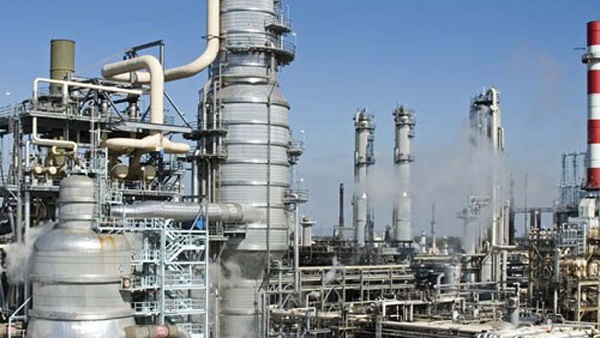
Ghana best performer in Resource Governance in sub-Saharan Africa
Nigeria scored 42 out of 100 points and ranks 55 among 89 assessments in the 2017 Resource Governance Index (RGI), while Ghana’s oil and gas sector scored a satisfactory 67 of 100 points, making it the best performer in sub-Saharan Africa.
Ghana has a favorable enabling environment and also performs well in revenue management, while its sovereign wealth fund is the second-best governed among 34 funds assessed in the index.
RGI noted that Ghana’s Petroleum Revenue Management Act allocates oil revenues transparently between the budget, the national oil company and two funds, yet accumulated a large budget deficit and borrowed heavily against future oil revenues, even though oil revenues presently constitute only four per cent of total government revenues.
RGI said that value is lost particularly in licensing and in the sales of government oil by the Nigerian National Petroleum Corporation (NNPC), as well as when revenues from oil and gas are shared and saved.
It said that a history of scandals involving top officials and the NNPC has plagued the sector and drawn public attention to corruption and asset recovery.
Licensing, the report admitted, is the weakest link in Nigeria’s value realisation component, with a score of 17 of 100, placing it 77th among 89 country-licensing assessments.
RGI explained that this score and ranking reflect high levels of opacity in key areas of decision-making, including qualification of companies, process rules and disclosure of terms.
It disclosed that despite some progress in transparency of revenue collection over the past five years, tracking payments from oil and gas companies remains challenging.
“In terms of revenue sharing, Nigeria ranks 11th, alongside the United States (Gulf of Mexico) and Ecuador. The public lacks access to audited information on revenue flows to lower levels of government, and this contributes to the gap between the quality of the legal framework and actual implementation.
“The corporation mainly scores well on indicators that measure elements of transparency required by EITI reporting, such as transfers to government and production volume disclosure.
“NNPC has recently strengthened some of its reporting practices, particularly for high-level financial data. However, the company does not disclose detailed annual reports on its finances, despite top officials having made a commitment to do so.
“Little information is publicly available, particularly concerning some of NNPC’s least efficient and most questionable activities, notably earnings by its subsidiaries, the costs of its operations and its significant spending on non-commercial activities.
“Government agencies and external auditors have disputed NNPC’s interpretation of rules set in the constitution and the NNPC Act governing monetary transfers between NNPC and the government.”
Officials exercise significant discretion around how NNPC sells the government’s share of oil production—for example, when selecting buyers, pricing exports or transferring sales proceeds to the government,” it added.
The Minister of State for Petroleum Resources, Dr. Ibe Kachikwu, said that new acreages will be awarded for exploration and production under the new Petroleum Industry Governance Bill (PIGB), especially offshore, which is likely to account for much of the growth in the nation’s reserves.
“For too long we have waited for this moment with bated breath and sheer excitement, knowing that the bill disentangles us from the manacles of inefficiency, low investment drive, and opacity,” he added.